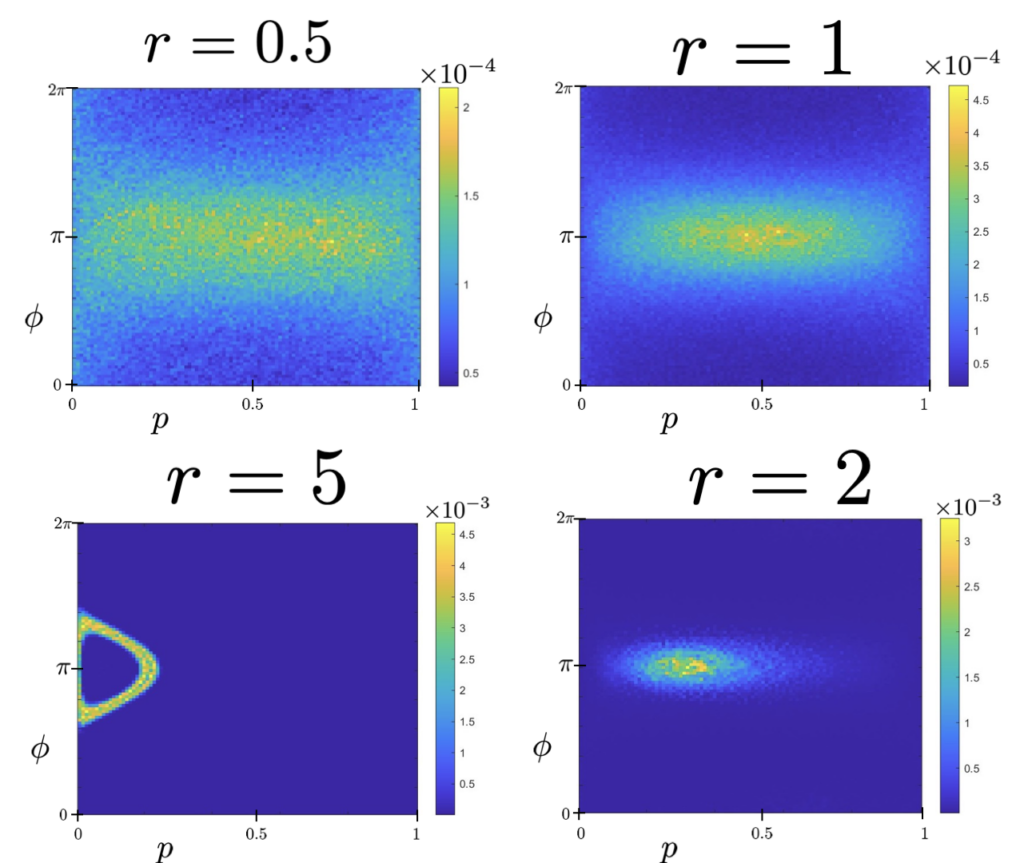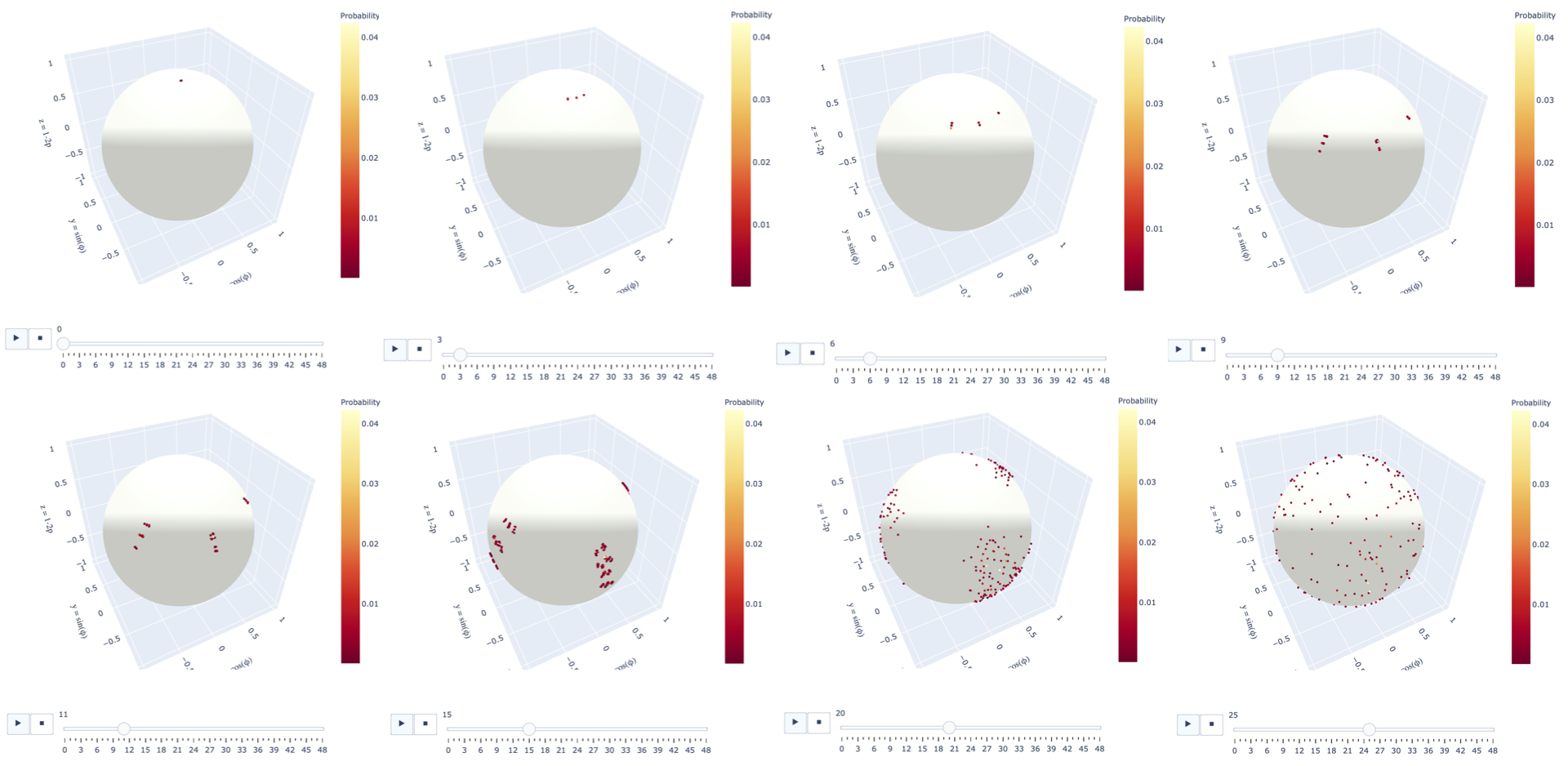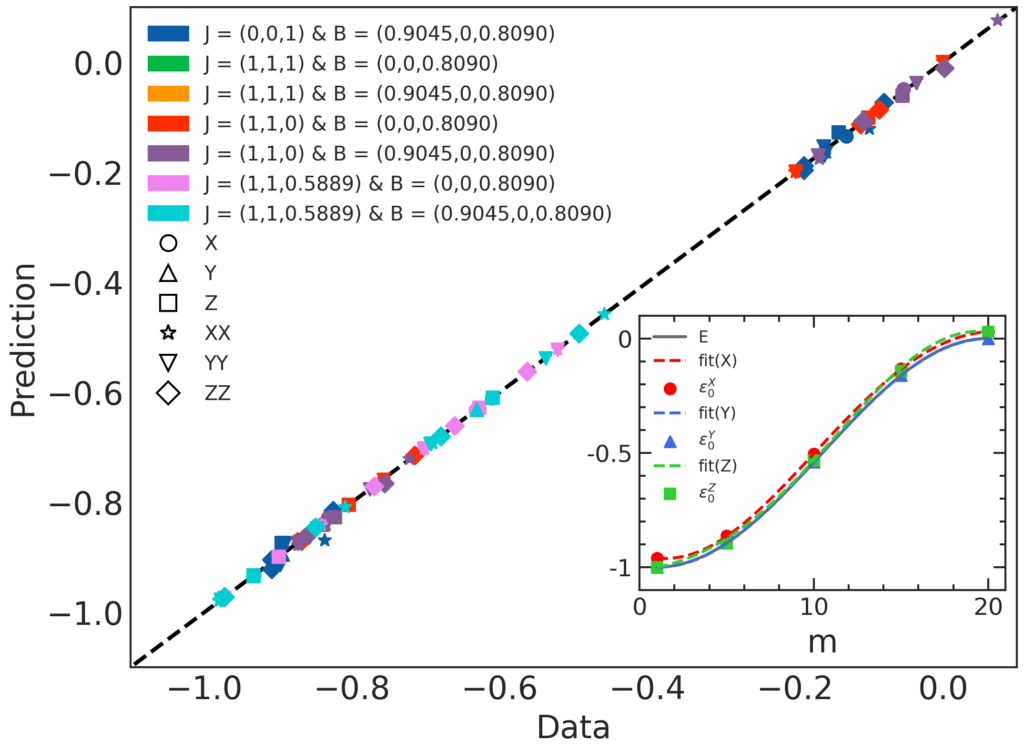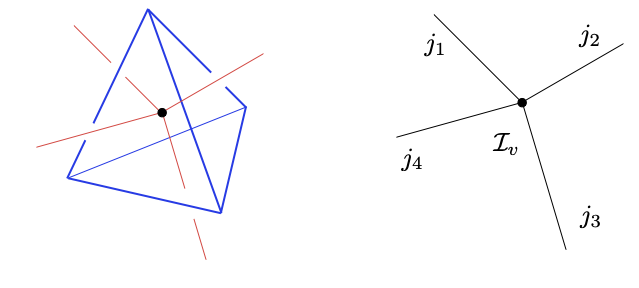Fabio Anza leads the Complex Quantum Systems group. This is an interdisciplinary research endeavor centered around the “Physics of Information” theme. This means
- Studying natural and artificial systems using Information Theory;
- Understanding, controlling, and exploiting the information-processing resources embedded in their dynamics.
Among many, we are particularly interested in Complex Quantum Systems (CQS), which are one of the open frontiers of modern theoretical physics: many-body, out-of-equilibrium, open quantum systems interacting with highly structured environments.
Students or postdocs interested in joining the group should reach out to PI Anza at fanza@umbc.edu
Natural Computation
Thinking about natural systems from the computational perspective, the physical layer (atoms, molecules, cells, etc. ) is the hardware. Similarly, the rules determining how they evolve and the resulting patterns are the software. What computational resources are embedded in the dynamics of classical and quantum systems? How do we characterize them?

Geometric Quantum Mechanics
The Hilbert space formulation of Quantum Mechanics, grounded in Linear Algebra, is known to be redundant. Geometric Quantum Mechanics (GQM) is an alternative – physically equivalent – approach. Grounded in Differential Geometry and Dynamical Systems theory, GQM provides an entirely new set of tools and ideas that can be leveraged to advance our understanding of Quantum Systems and their Dynamics.

Quantum Foundations
At the most fundamental level, we believe nature undergoes unitary quantum dynamics. How does classical mechanics emerge from within a quantum universe? How do classical and quantum statistical mechanics, with their irreversibility, arise from such underlying coherent dynamics? What are the necessary and sufficient conditions for the emergence of statistical mechanics and thermodynamics?

Spacetime Emergence
How does a smooth spacetime emerge, e.g. at the nanoscale, from some underlying quantum gravity theory dominating at the Planck scale? The well-known thermodynamic features of General Relativity (GR) suggest that smooth spacetime might emerge as the thermodynamic (possibly out-of-equilibrium) of quantum gravity.
